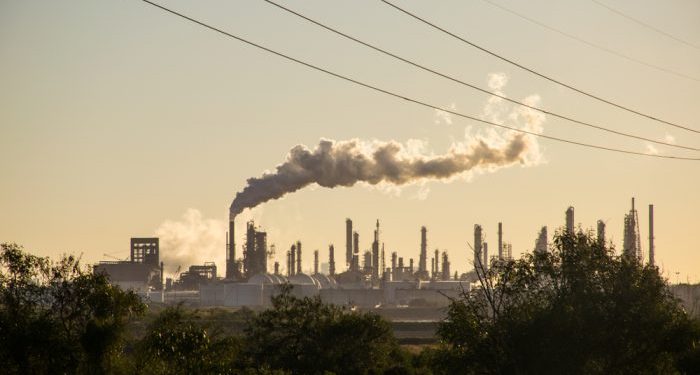The US is the worst developed-market performer when it comes to emissions and energy usage, while the UK and Denmark are rated best, according to new research.
The Net Zero Sovereign Index has been launched by Ninety One, the organisation which provides sovereign-debt investors with independently verified Paris-alignment data.
This Net Zero Sovereign Index was launched in response to a recent white paper: ‘No one left behind: Building an Inclusive Transition for Emerging Markets’. It aims to investigate the flaws in asset managers’ and owners’ interpretations of net-zero, specifically leading them to set portfolio-level carbon targets and impeding global net-zero ambitions.
According to the research, developed and emerging markets have a divergent range of outcomes in the index.
Given the low starting point and limited progress to date, the United States is the worst developed-market performer, reflecting very high emission and energy usage levels, translating into very low pathways scores. The index’s two best-performing developed-market countries are the United Kingdom and Denmark. Developed Asia scores poorly overall, with Japan in the pack, and Korea and Singapore hampered by low renewables and high energy consumption.
Ninety One head of fixed income Peter Eerdmans: “With the UN declaring its latest climate report a ‘code red for humanity’, there can no longer be any doubt that we must act quickly to address climate change. The first step in tackling this problem is for investors to assess better whether an investment or portfolio is aligned with a credible net-zero pathway that works for all of the world’s 7.9 billion people. As a firm that has strong roots in an emerging market, we understand this more than most.
“Investors need better measures to decide what is the right and fair way to build net-zero-aligned portfolios. We developed the Net Zero Sovereign Index to address the growing need among asset owners and managers for the means to show that their sovereign bond portfolios are Paris-aligned and on a credible path to net zero. We believe the index provides greater capacity to support a fair transition for emerging markets and will help sovereign-debt investors hold governments to account for their climate policies and actions.”
The research also showed that emerging markets outperformed expectations, accounting for eight of the top 10 countries in the index. Eerdmans says this reflects the fact that many of these countries are embracing energy transition and, more importantly, can mobilise capital to support decarbonisation efforts. However he says, investment must continue and be increased to ensure that these efforts are sustainable.
The index also highlights several emerging-market laggards that are still a long way from achieving the necessary momentum for decarbonisation. Instead of immediate capital withdrawal, these countries require time, encouragement, and incentives, according to these findings.
Ninety One says it is critical to develop financial instruments that assist capital allocators in aligning portfolios with real-world, inclusive decarbonisation and allow poorer nations to participate in the net-zero transition.
Eerdmans adds: “Asset owners need to commit capital to transition finance- both in dedicated allocations and the way they measure and monitor progress against climate goals in their core portfolios. Moreover, asset managers must develop suitable vehicles with the integrity and framework to provide comfort that committing to transition is not greenwashing.”
Many emerging markets, such as India, South Africa, and Indonesia, continue to rely heavily on coal for electricity generation, with fossil fuel accounting for 25-40 per cent of total carbon emissions. Another 9-18 per cent is accounted for by transportation. Because electric vehicles require a clean energy grid to function, it is possible to reduce 40-50 per cent of total emissions in many emerging markets by reducing emissions from electricity production.
The research suggests that to clean up electricity generation in the developing world, four major funding streams must be developed: available capital must be scaled up for renewable energy roll-out, significant investment must be directed toward expanding transmission infrastructure, incentives for state utilities to accelerate the closure of high-emitting plants, and funding for a fair transition for employees and communities at risk from reducing reliance on fossil fuels.
Eerdmans concludes: “Time is indeed short, and asset owners and managers cannot delay. But we must also be certain that our first steps are in the right direction. The race to net zero is not a race between countries. It is a race against time.”
The post US rated worst on new emissions index, while UK takes top spot appeared first on Corporate Adviser.



